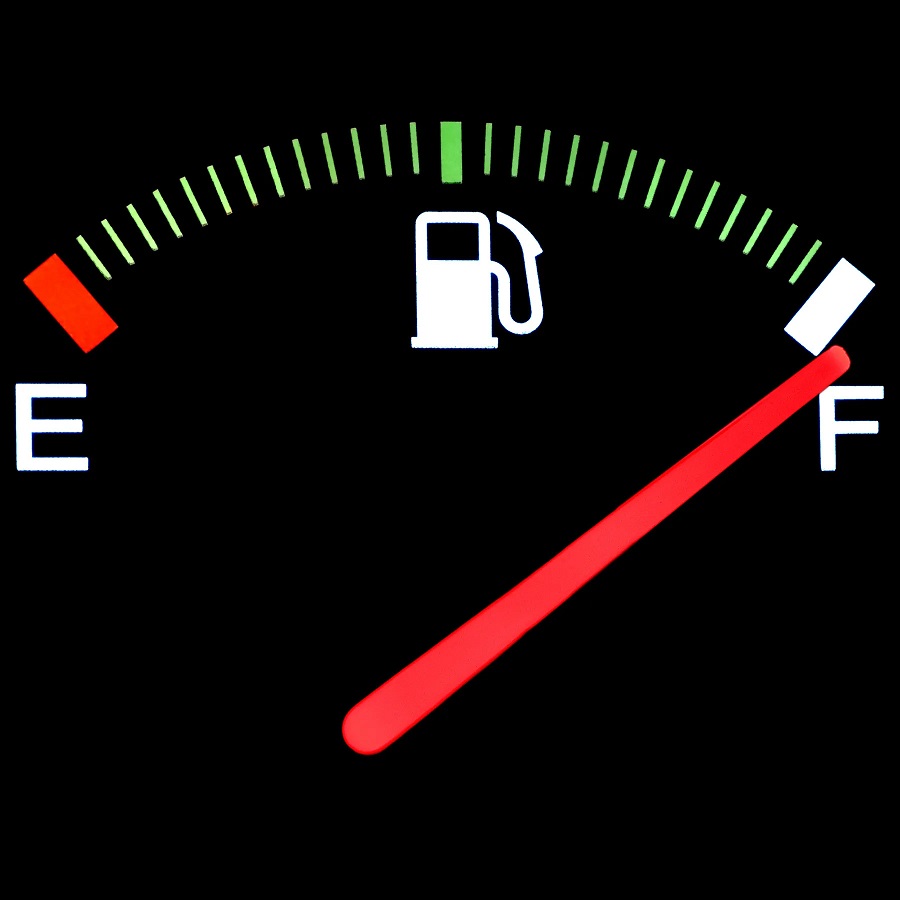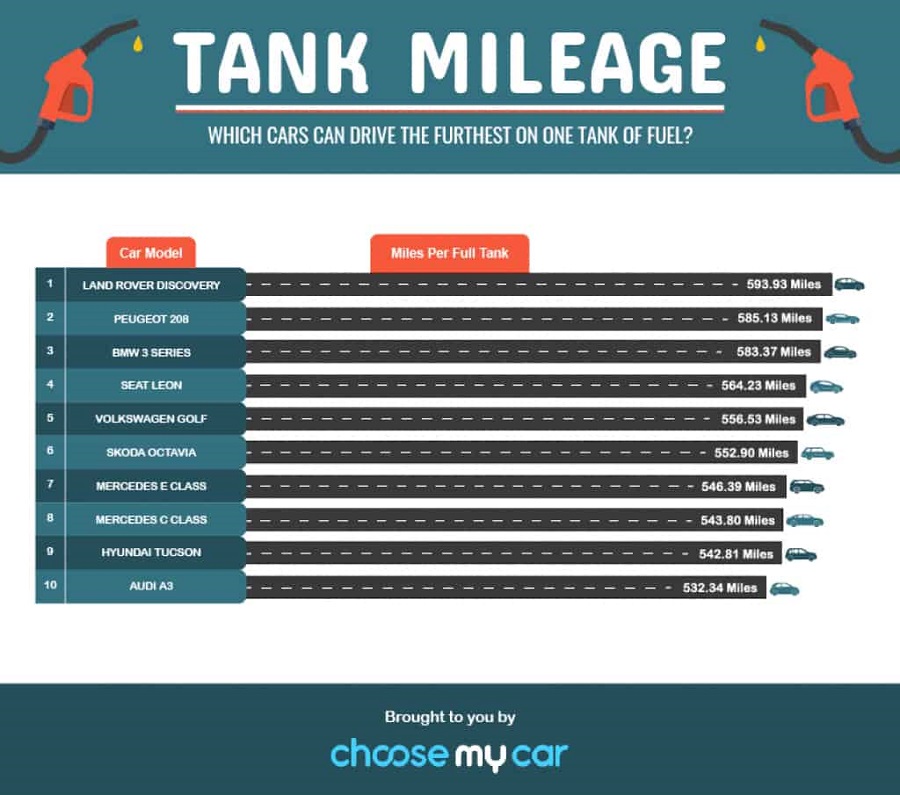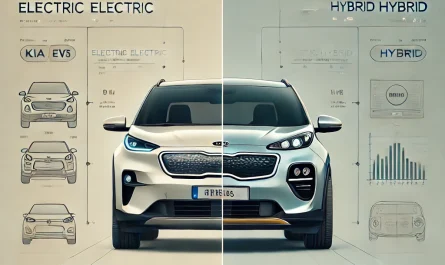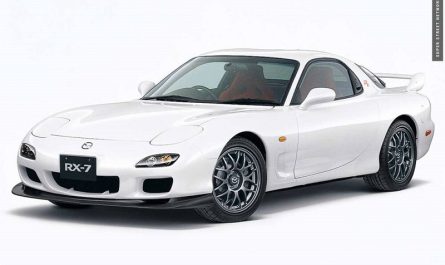How Long Does a Full Tank of Gas Last? A Deeper Dive
How long does a full tank of gas last? is an age-old question, that is deceptively simple. While a fast calculation of tank size and fuel efficiency might provide a ballpark figure, the reality is far more complex. Numerous factors influence the lifespan of a tank, from the type of vehicle and driving conditions to the quality of the fuel itself.

The Basics: Tank Size and Fuel Efficiency
To find how long does a full tank of gas last, let’s start with the fundamentals. The size of your gas tank and your vehicle’s fuel efficiency are the primary determinants of how far you can go on a full tank.
- Tank size: This is a straightforward measurement, typically expressed in gallons or liters. Larger tanks hold more fuel, allowing for longer distances between fill-ups.
- Fuel efficiency: Measured in miles per gallon (MPG) or liters per 100 kilometers (L/100km), this metric indicates how efficiently your vehicle converts fuel into energy. Higher MPG or lower L/100km means you’ll go further on a tank.
To calculate the potential range of your vehicle, multiply the tank size by the fuel efficiency. For example, a car with a 15-gallon tank and 30 MPG can travel up to 450 miles on a full tank.
The Impact of Driving Habits
While the math seems straightforward, your driving habits significantly affect how long does a full tank of gas last.
- Speed: Higher speeds generally lead to lower fuel efficiency. Excessive speeding can dramatically reduce your range.
- Acceleration and braking: Aggressive driving, with rapid acceleration and hard braking, consumes more fuel.
- Traffic conditions: Stop-and-go traffic is particularly punishing on fuel economy, as the engine is constantly starting and stopping.
- Cargo weight: Carrying extra weight, such as passengers or luggage, increases the vehicle’s load, requiring more fuel to move.
- Air conditioning: Using the air conditioner puts an extra strain on the engine, reducing fuel efficiency.
The Role of Vehicle Type
Different types of vehicles have varying fuel efficiencies.
- Sedans and hatchbacks: Typically offer good fuel economy due to their aerodynamic design and lighter weight.
- SUVs and trucks: These vehicles often have lower fuel efficiency because of their larger size and heavier weight.
- Hybrid and electric vehicles: These offer significantly better fuel economy or no fuel consumption at all.
Fuel Quality and Environmental Factors
Even the quality of the fuel and external conditions can impact your fuel consumption through which you know that how long does a full tank of gas last:
- Fuel additives: Some additives claim to improve fuel efficiency, but their effectiveness is often debated.
- Octane rating: Higher octane fuels are typically designed for high-performance engines and may not provide significant benefits for regular vehicles.
- Weather conditions: Cold weather can thicken the oil, making the engine work harder and reducing fuel efficiency.
- Altitude: Driving at higher altitudes can reduce engine power, leading to increased fuel consumption. яндекс
Average Fuel Efficiency of Various Vehicles
To provide a better understanding of how long does a full tank of gas last, we have compiled the average fuel efficiency of various vehicles:

- Small Cars:
- Honda Fit: 33-41 mpg (city), 41-52 mpg (highway)
- Toyota Yaris: 32-40 mpg (city), 40-50 mpg (highway)
- Nissan Versa: 31-40 mpg (city), 40-52 mpg (highway)
- Mid-Size Cars:
- Toyota Camry: 24-31 mpg (city), 31-40 mpg (highway)
- Honda Accord: 23-32 mpg (city), 32-42 mpg (highway)
- Ford Fusion: 23-31 mpg (city), 31-40 mpg (highway)
- Large Cars:
- Chevrolet Impala: 22-30 mpg (city), 30-38 mpg (highway)
- Ford Taurus: 20-29 mpg (city), 29-37 mpg (highway)
- Toyota Avalon: 21-30 mpg (city), 30-38 mpg (highway)
- SUVs and Crossovers:
- Honda CR-V: 25-31 mpg (city), 31-40 mpg (highway)
- Toyota RAV4: 25-33 mpg (city), 33-42 mpg (highway)
- Subaru Forester: 24-32 mpg (city), 32-40 mpg (highway)
- Trucks:
- Ford F-150: 17-24 mpg (city), 24-30 mpg (highway)
- Chevrolet Silverado: 16-23 mpg (city), 23-29 mpg (highway)
- Ram 1500: 15-22 mpg (city), 22-28 mpg (highway)
Calculating Fuel Efficiency
To calculate how long does a full tank of gas last, you need to know your vehicle’s fuel efficiency and tank capacity. The formula to calculate fuel efficiency is:
Fuel Efficiency (mpg) = Total Distance Traveled (miles) ÷ Total Fuel Consumed (gallons)
For example, if your vehicle has a fuel efficiency of 30 mpg and a 15-gallon tank, you can calculate the total distance traveled as follows:
Total Distance Traveled = Fuel Efficiency (mpg) × Tank Capacity (gallons)
= 30 mpg × 15 gallons
= 450 miles
Beyond the Basics: Advanced Considerations
For those seeking even greater fuel efficiency, there are additional factors to consider:
- Tire pressure: Properly inflated tires can improve fuel economy.
- Vehicle maintenance: Regular tune-ups and well-maintained components can optimize engine performance.
- Driving techniques: Smooth acceleration and braking can save fuel.
- Alternative fuels: Exploring options like ethanol blends or compressed natural gas can potentially improve fuel economy.
Conclusion
Determining the how long does a full tank of gas last a complex equation with numerous variables. While basic calculations provide a starting point, real-world conditions significantly impact fuel consumption. By understanding the factors that influence fuel efficiency and adopting efficient driving habits, you can maximize the distance you can travel on a single tank.


